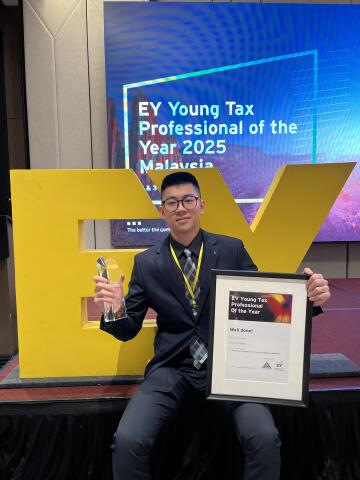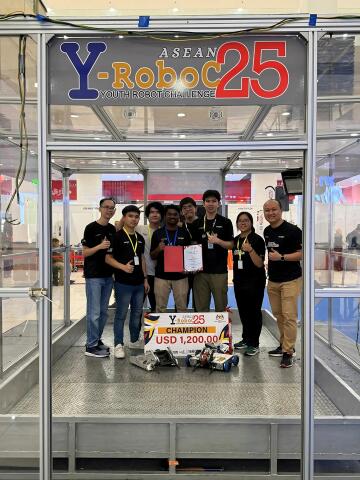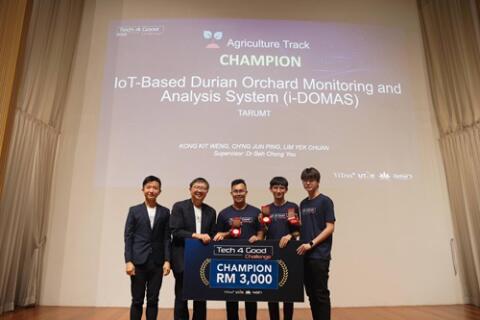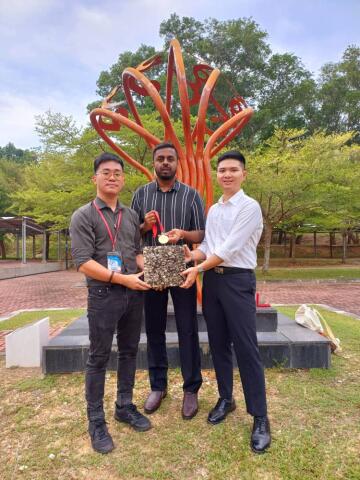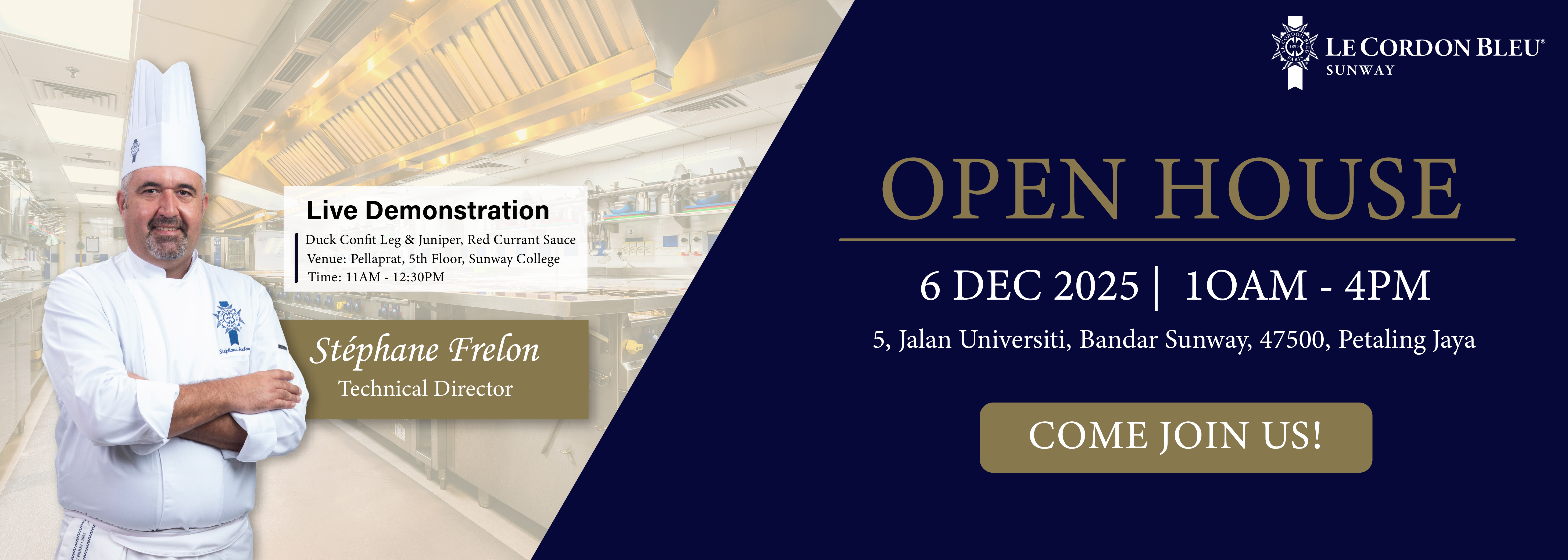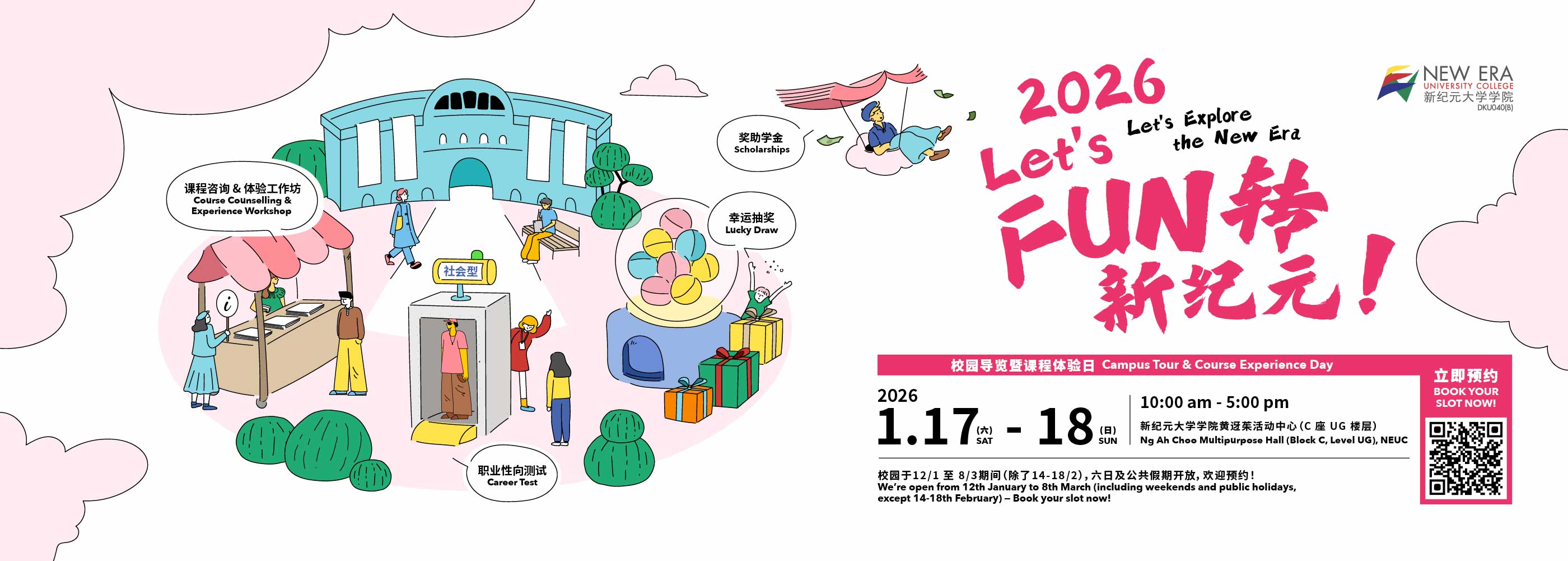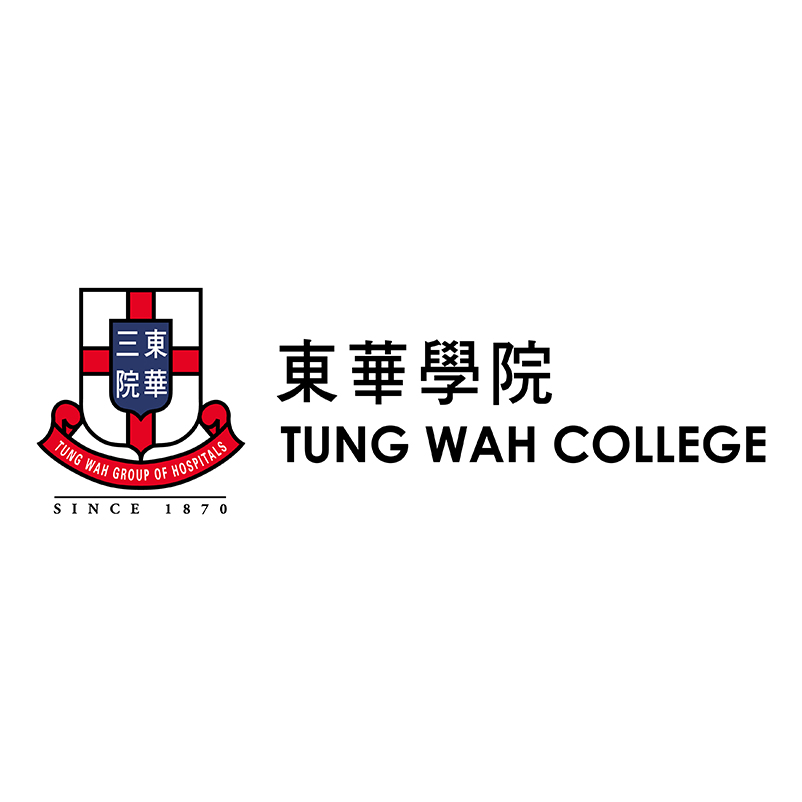Food Science: Taking it from Lab to Table
Ever wondered what the chemical makeup of food is? Food science provides the answers. A multi-disciplinary field that involves chemistry, biochemistry, nutrition, microbiology and more into the study of food to improve and transform substances into safe and quality products for consumers, the food science industry has prominent potential for expansion as food is a necessity of life.
Offered by Tunku Abdul Rahman University College’s (‘TAR UC’) Faculty of Applied Sciences (‘FOAS’), the food science programme exposes students to areas in functional foods as well as trains them with advanced laboratory skills and current techniques in food science including those related to safety practices and standards, resulting to professionalism in the area of food science. Furthermore, graduates of this programme would develop a range of skills that would not only enable them to thrive in food-related industries in production, managerial and consultancy roles but also as entrepreneurs to develop new food-related products in the industry.
Ang Kim Joo believes that there is plenty of room for growth in the food industry to develop new products that cater to today’s consumer demands.
According to Ang Kim Joo, a final year Bachelor of Science (Hons) in Food Science student, one of the aftermath of the Covid-19 pandemic is that the general population have come to realise the impact of good dietary practices on physical health. Besides that, there is a rising public awareness on sustainable farming and animal rights which have a profound impact on the food that consumers source for.
“I believe that there is plenty of room for growth in the food industry to develop new products that cater to today’s consumer demands, and this development is expected to accelerate with the present digital transformation in the manufacturing process,” she shared.
Kim Joo also shared that at TAR UC, she was encouraged to think out of the box where everything was possible. “TAR UC’s creative and innovative teaching approaches allow students to get involved in industry projects as part of our syllabus, which I feel is very beneficial as we are given a taste of reality and made aware how competitive the food industry can be.”
To provide students with real-life industry exposure, Kim Joo and two others students in the food science programme have been given the opportunity to work with FOAS’ industry partner, Nestlin Malaysia Sdn Bhd, a company involved in the manufacturing and processing of bird’s nest, to gain practical exposure and put into practice what they have learnt in the classroom. The project being one that focuses on the development of green process to produce bioactive sialylated glycopeptides and its derivatives from bird’s nest.
Initially planning to venture into culinary arts as a career, Tan Jia Ling was convinced by a friend to study food science instead because of her passion for food production, especially fermented foods.
Tan Jia Ling measuring the product yield of edible bird’s nest essence powder.
Jia Ling who is currently interning at Nestlin Malaysia Sdn Bhd and involved in the company’s ongoing research project with TAR UC, shared that she also applies her knowledge in food science in her daily life to improve the quality of food she makes for her own consumption. “Through experimentation, I am able to deepen my knowledge and solve problems I myself face in the food-making process. Furthermore, I also get to learn more about nutritional value which is covered in TAR UC’s food science programme.”
“The importance of food science will slowly but surely be something that food-related industries will emphasise on. This is because consumers now pay more attention to choosing the best ingredients and processing method when making decisions. In line with that, industry players have to determine how to conserve the most beneficial properties of food and remove the less preferred attributes,” Jia Ling added.
Also given the opportunity to work on industrial projects is Tan Sze Jack who is pursuing his Doctor of Philosophy (Food Science) at TAR UC. Also a lecturer at TAR UC’s Centre for Pre-University Studies (‘CPUS’), Sze Jack shared that his decision to pursue his doctorate was to increase his knowledge and self-development. Coincidentally, an industry research collaboration on enzyme hydrolysis of edible bird’s nest and developing a quality marker to monitor the process of enzyme hydrolysis in pilot scale had piqued his interest when he decided to further his studies as it was in line with his ambition to develop and commercialise food products that could not only fulfil basic human needs but also enhance the nutritional value and convenient to consume.
Inspired by the saying “you are what you eat”, Tan Sze Jack believes that by knowing the nutrients consumed, one can obtain better quality of life.
“TAR UC has plenty of engagements and connections with various industries and always encourages students to explore opportunities that can prepare them to tackle any challenges they might face as they enter the workforce,” he shared.
FOAS currently offers food science programmes at Diploma, Bachelor's Degree and postgraduate levels. To find out more about the TAR UC’s food science or applied science programmes, visit www.tarc.edu.my/foas/.
Application for our October and November 2022 Intake is currently ongoing. Prospective students are encouraged to apply online at www.tarc.edu.my. Attractive scholarships are also available at TAR UC based on academic merit and sibling discount for qualified students.
Advices
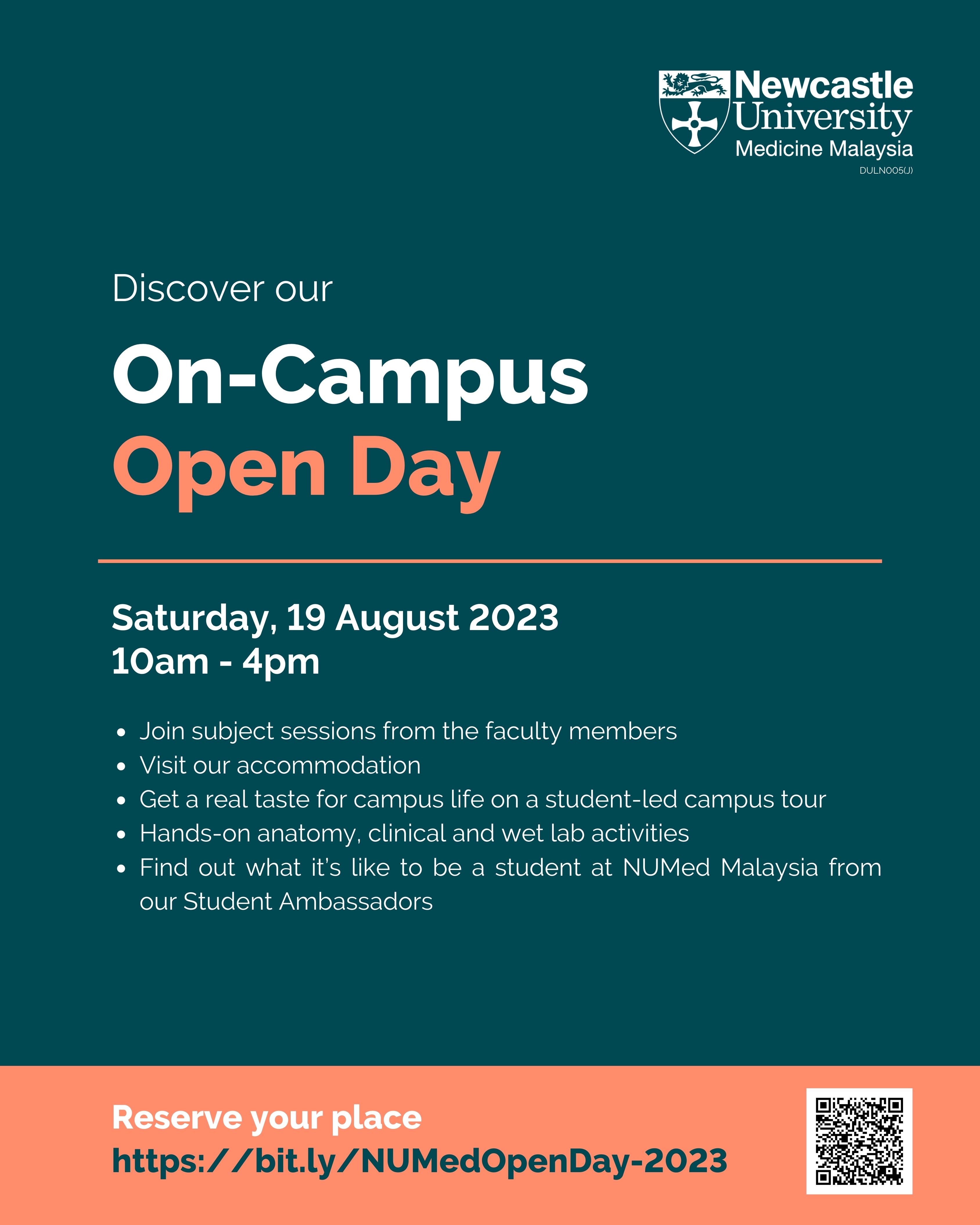
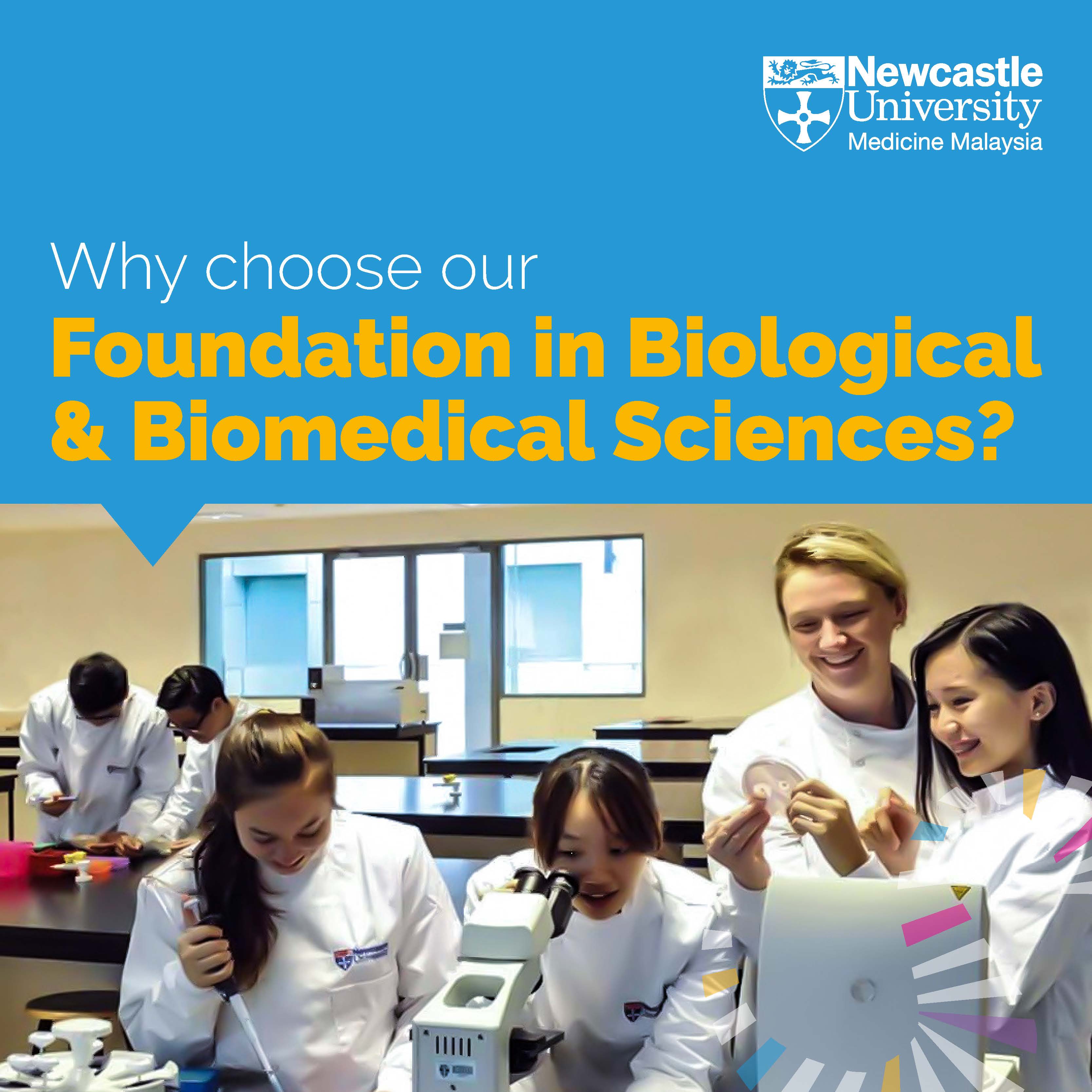
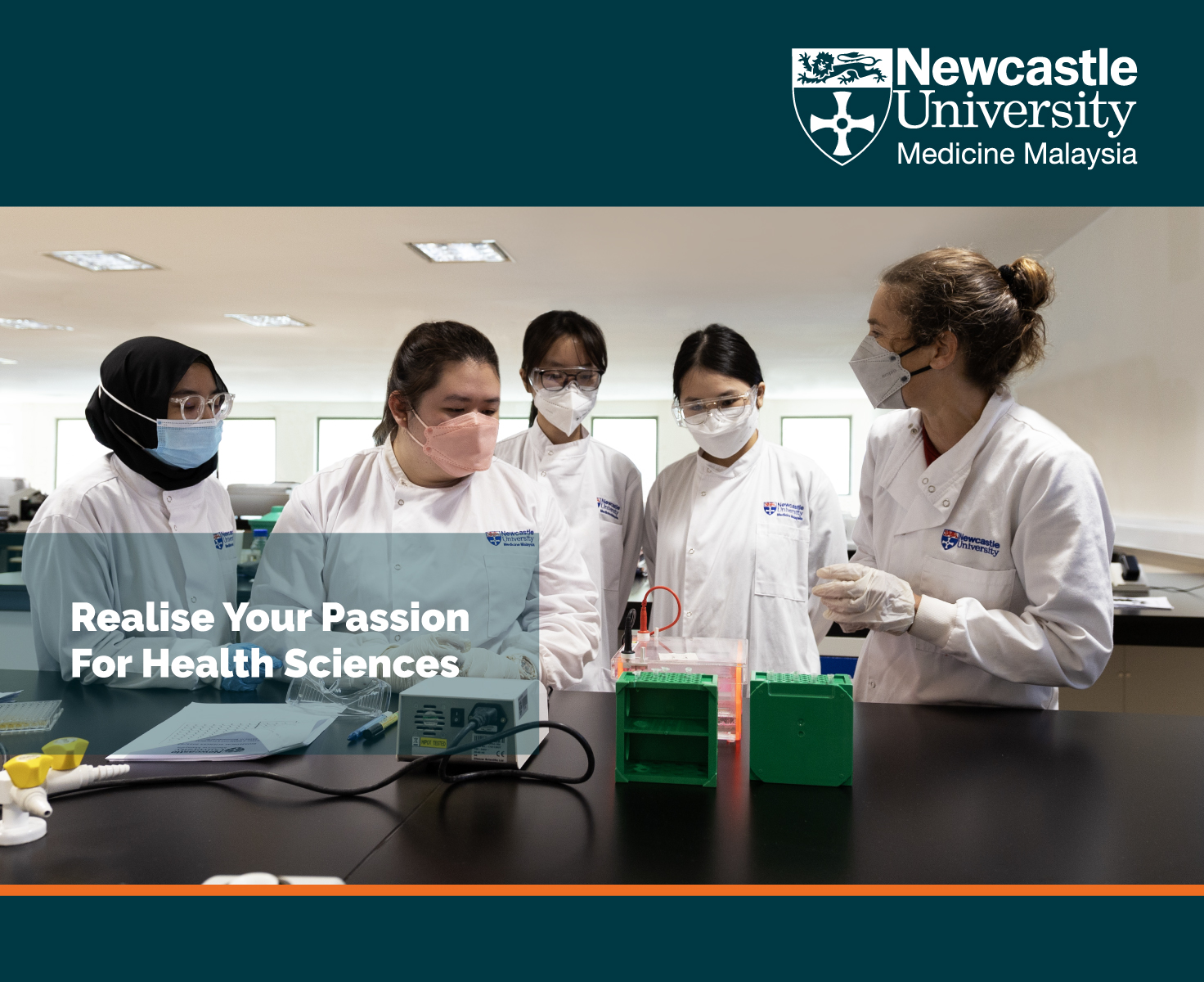
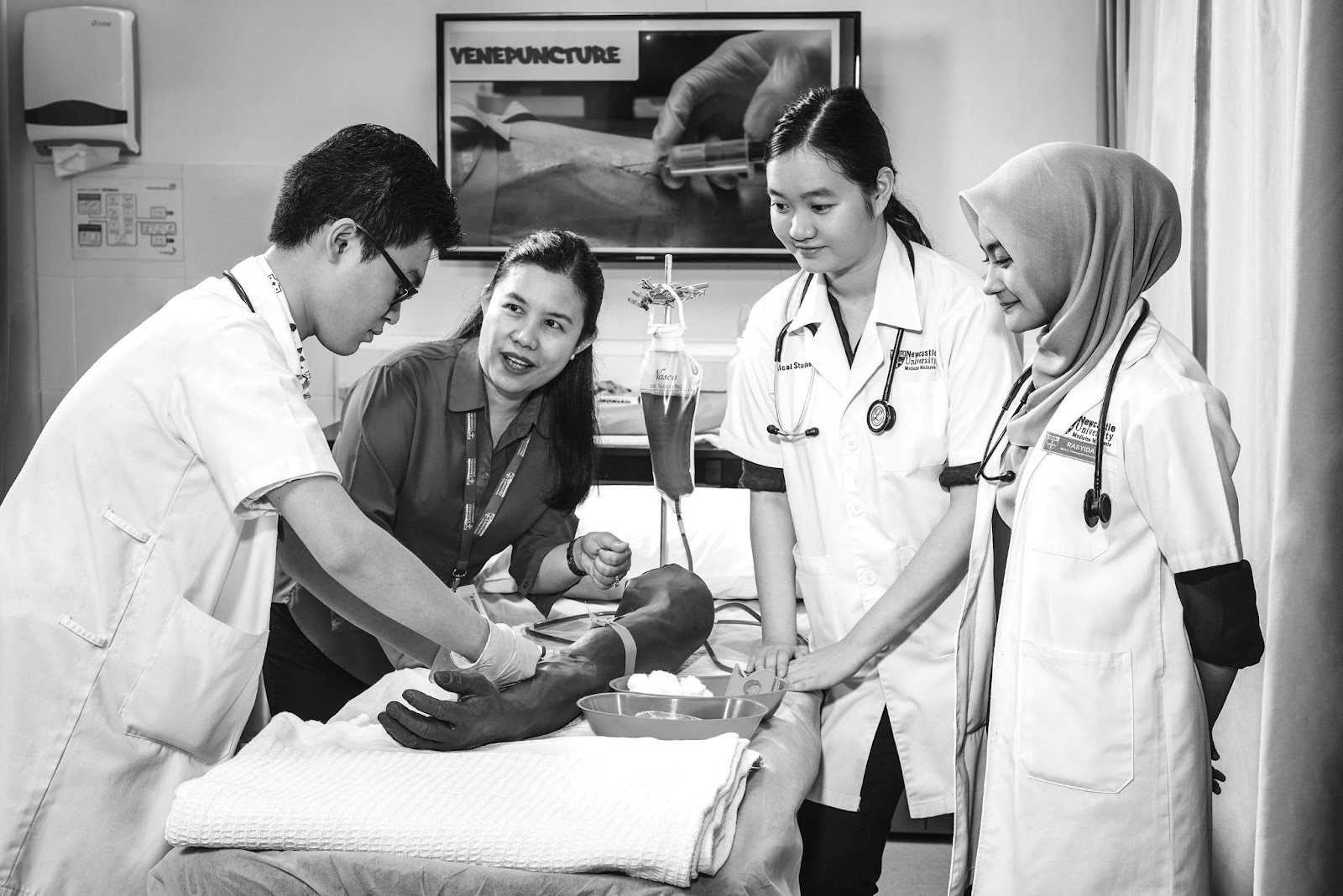

News from Institutions

